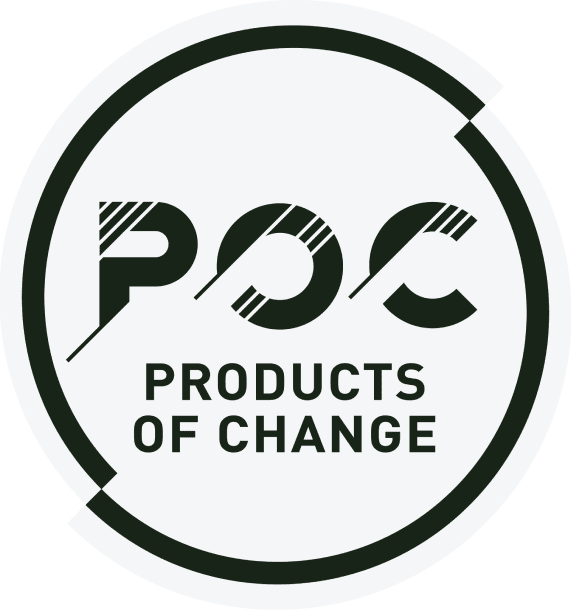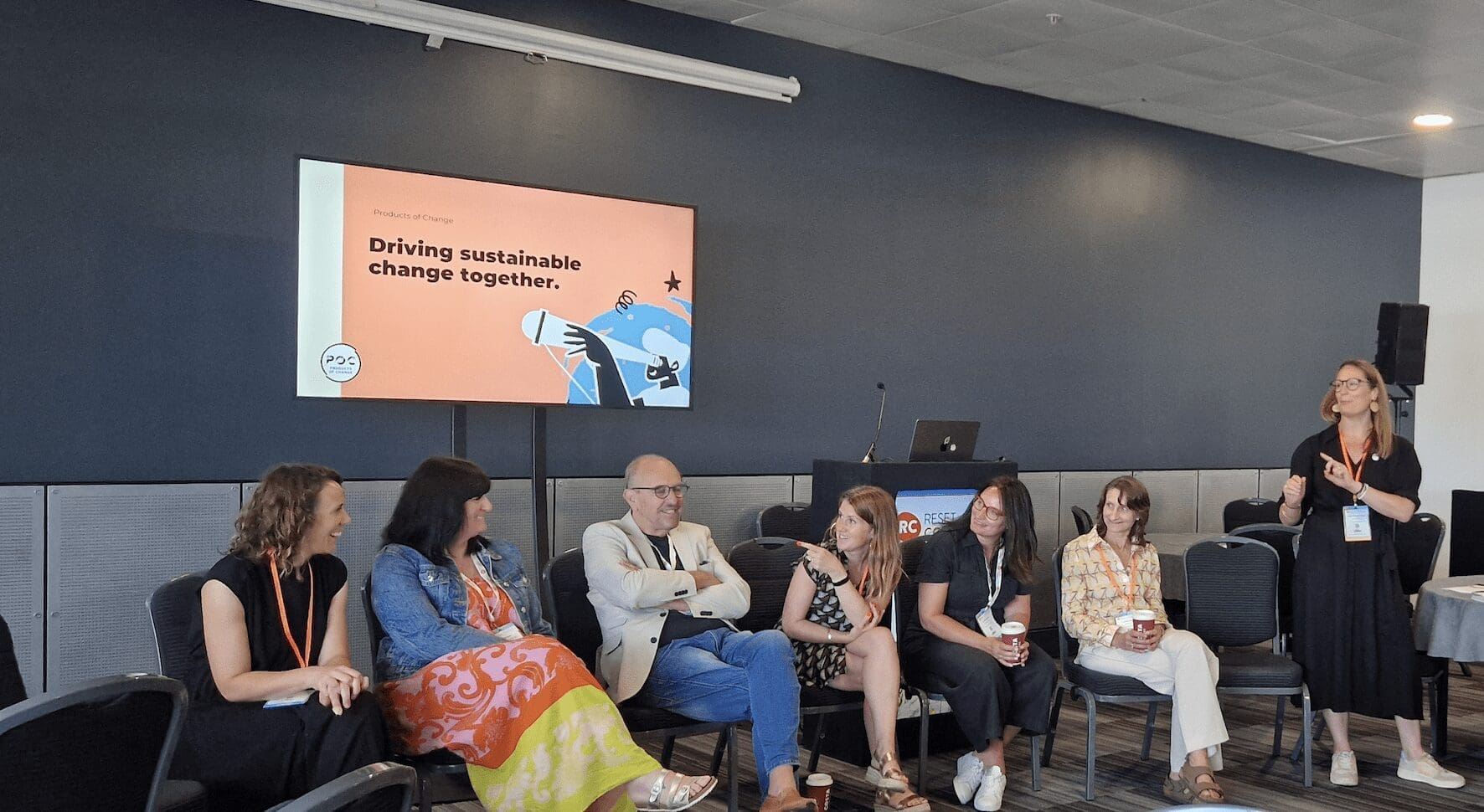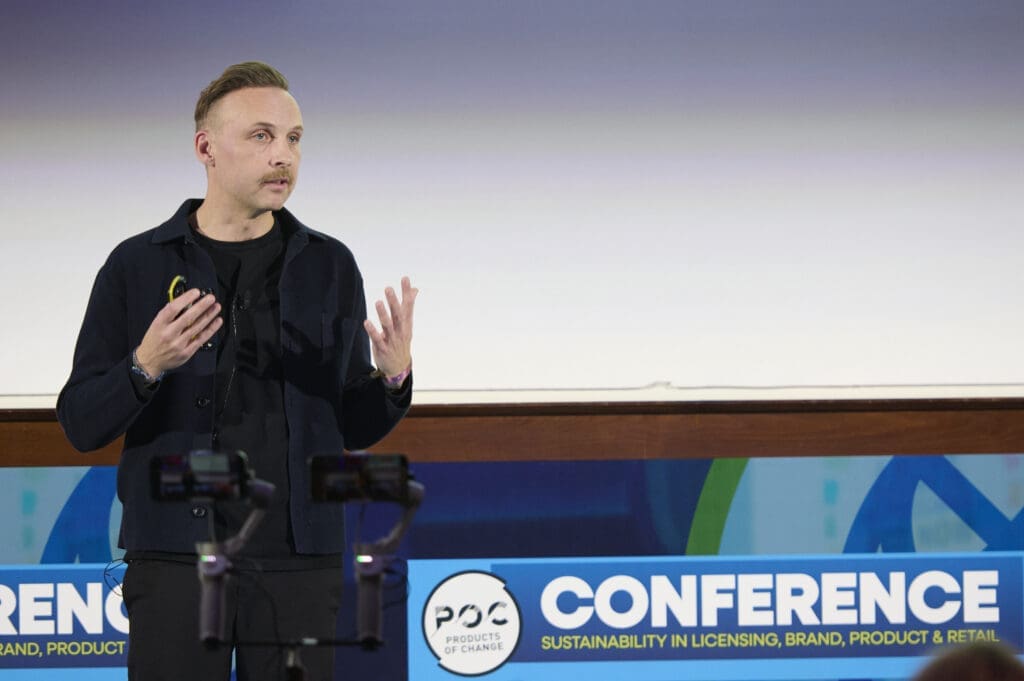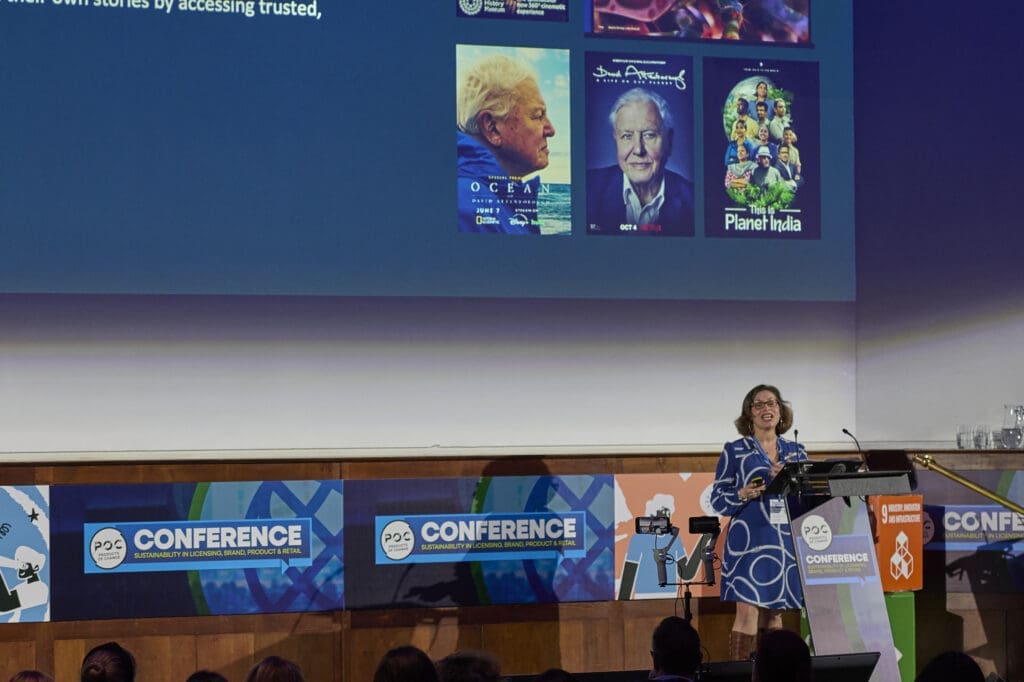Concern has been expressed for supply chain partners “totally unaware” of the pressures they face when new legislative acts like the Corporate Sustainability Reporting Directive (CSRD) and the Corporate Sustainability Due Diligence Directive (CDDD) take a hold in the coming months.
A workshop session held at Reset Connect – London’s dedicated sustainability trade show – heard that while the major multi-billion-dollar corporations are the ones that such legislation will apply to, the data reporting pressures will “ultimately fall to their supply chain partners.”
Illana Adamson, founder and ceo of the sustainability consultancy, Be Better, said: “I really do worry about the impact CSDDD will have on the bands of business directly beneath those this legislation is actually aimed at. Because they are the ones that are going to be asked for the reporting data from the giants… and they are just totally unaware that this is coming.”
Having built a career within sustainability consultancy, Illana joined a panel session exploring legislative changes across the EU and global markets at the Sustainability in Licensing Conference last year.
“A lot of companies are going to struggle over the next few years because they lack the personnel to be handling all these reporting demands,” she continued. “CSDDD is going to be pushed down the supply chain. And this is data collection that these supply chain partners should have been doing two years ago… but no one has told them.”
The Corporate Sustainability Due Diligence Directive was finally given the last green light in April this year to require firms and their upstream and downstream partners – including supply, production, and distribution – to prevent, end, or mitigate their impact on human rights and the environment.
Such impact will include slavery, child labour, labour exploitation, biodiversity loss, pollution, or the destruction of natural heritage.
While the rules will apply directly to a handful of very large companies (in the EU this will be companies and parent companies with over 1000 employees and a worldwide turnover higher than 450 million euro), the common understanding is that the pressures that CSDDD brings with it will “be pushed down the supply chain to the bands of businesses sitting directly below them”.
Led by Products of Change and formed to tackle the issue of sustainability in consumer products, the hour-long session featured a line-up of speakers from retailers, brand owners, waste management companies, and sustainability consultants. Each took their turns to share with workshop attendees the efforts they have taken to deliver workable solutions today as well as the steps to build upon to help transform the global brand, retail, and consumer products industries.
Responding to Illana’s sentiment, Jade Snart, senior sustainability manager of George and GM at Asda, said: “We have actually found it to be the other way around. We have found that a lot of our suppliers have been recording all this data for a while… they just haven’t always been telling us about it.”
The session also heard from Barry Kane, MD at the textile waste management company, Upcycle Labs; Michelle Papayannakos, head of sustainability at Paramount UK; Louise Stevens, an independent sustainability consultant at Stevens.Earth; Caroline Bates, a sustainability, strategy, and impact specialist; and Courtney Holm, managing director and founder at The Holm Edit.
The workshop broached numerous topics spanning Asda’s partnership with Upcycle Labs to give deadstock clothing and textiles a second life as new products, the sustainability strategy at global brand owner Paramount and how it is engaging children with the subject through its IP, embedding sustainability into the heart and operations of a business, and climate data reporting obligations as industry and legislation evolves.
An engaging discussion about the difference between measuring environmental impact of products versus measuring a company’s social impact was sparked by Tristan Edmondson, network representative UK and Ireland at Amfori, which was echoed by panellists, Courtney Holm and Louise Stevens.
The conversation negotiated issues such as getting true employee feedback across the supply chain and the difficulties in getting accurate and honest data from across the stakeholder chain over the positive impact of business operations.
Getting active during London Climate Action Week
The workshop – marking Products of Change’s debut at Reset Connect (an annual festival for individuals, organisations, and communities with a focus on finding climate change solutions) was part of the ongoing London Climate Action Week activity this week.
Across the capital, events and conferences are currently taking place aimed at bringing together organisations and businesses to propel climate action forwards. In the fashion sector, the Future Fabrics Expo is now underway in Greenwich where pioneering textiles specialists will be showcasing the latest advances in fibres and fossil-fuel alternatives.
Reset Connect itself has played host to numerous conversations across the breadth of the sustainability subject, from impact investment and how to encourage businesses in the adoption and implementation of ESG strategies, to innovations within packaging and consumption being driven across retail and alternative packaging pioneers like the Magical Mushroom Company.




